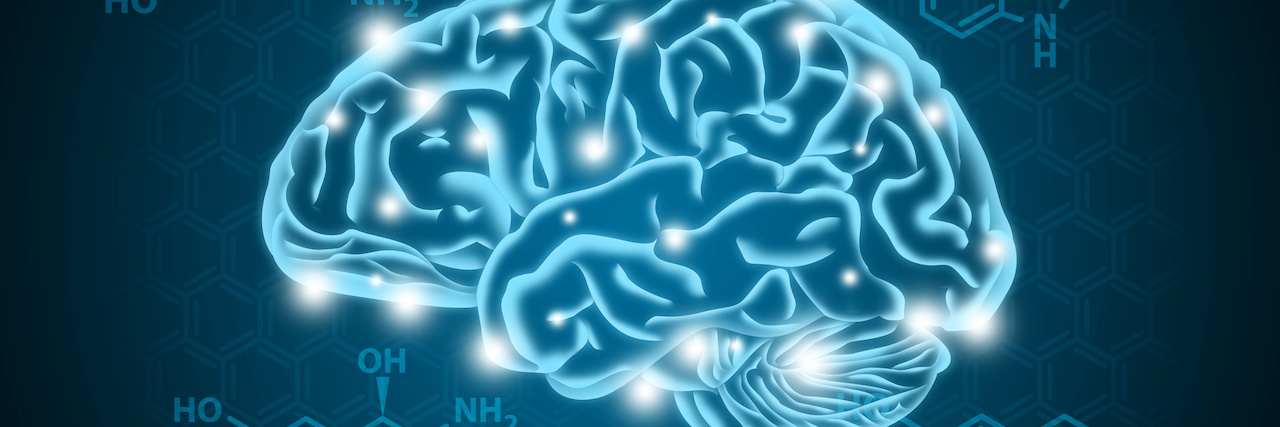Boosting the Brain: How to Increase Dopamine for ADHD Management
Understanding the role of dopamine in managing attention-deficit hyperactivity disorder (ADHD) symptoms opens the door to various strategies and approaches aimed at improving focus and attention. By focusing on natural ways to boost dopamine levels, people with ADHD can explore holistic paths to better manage their condition, aligning brain chemistry with daily functionality and well-being.
Other relevant stories:
• What Does Meth Do to Someone Who Has ADHD?
• Difference Between ADHD and Autism
• ADHD Iceberg
• What is ADHD?
What’s the Role of Dopamine in People Diagnosed With ADHD?
Dopamine is a powerful neurotransmitter, a chemical messenger in the brain that has a significant impact on various aspects of human behavior and physiology, including motivation, pleasure, and motor control. In the context of ADHD, dopamine plays a particularly crucial role in managing symptoms and influences how people with ADHD experience and interact with the world.
Regulation of Mood and Attention
Dopamine is fundamental in regulating mood and attention. It helps manage stress responses, maintain focus, and pursue tasks with motivation and persistence. An optimal level of dopamine is necessary for sustaining attention over extended periods, enabling people to complete tasks and manage daily activities effectively.
Imbalance and Its Effects
In individuals with ADHD, there tends to be a lower level of dopamine activity. This imbalance contributes to common ADHD symptoms such as inattention, impulsivity, and hyperactivity. Due to this deficiency, tasks that require sustained attention and focus may become challenging, and maintaining emotional balance may also become difficult.
Influence on Reward Systems
Dopamine is central to the brain’s reward system. It helps people identify and work towards rewards, guiding behavior and decision-making. In ADHD, a dopamine imbalance can make it challenging for individuals to identify rewarding aspects of tasks, which may impact motivation and the completion of activities necessary for personal and professional success.
Interaction With Other Neurotransmitters
Dopamine doesn’t act alone; it interacts with other neurotransmitters like norepinephrine to influence behavior and cognition. In ADHD, the intricate balance of neurotransmitters is often disrupted, which can further complicate the management of symptoms and overall cognitive function.
Natural Strategies to Boost Dopamine
Diet and Nutrition: Foundations for Elevating Dopamine Levels in ADHD
A well-balanced diet rich in essential nutrients like amino acids, vitamins, and antioxidants can positively influence dopamine levels. Incorporating foods such as fish, eggs, fruits, vegetables, and lean protein-rich foods can foster an environment conducive to enhanced neurotransmitter activity.
Physical Activity: a Natural Catalyst for Dopamine Enhancement in ADHD
Regular physical activity like walking, running, or yoga, acts as natural dopamine boosting activities. Exercise not only improves mood and reduces stress but also promotes the release of neurotransmitters essential for attention and focus.
Holistic Approaches in Managing ADHD
Mindfulness and Meditation: Embracing Calmness in the ADHD Brain
Practices such as mindfulness and meditation can aid in calming the mind, improving focus, and promoting a balanced release of dopamine. Such practices foster mental clarity, enabling better management of ADHD symptoms.
Supplements in Dopamine Level Management for ADHD
Certain vitamins and supplements, like Omega-3 fatty acids, magnesium, and zinc, may assist in optimizing dopamine levels. Always consider professional advice before incorporating supplements to ensure they align with individual health needs and conditions.
Medication Strategies to Enhance Dopamine in ADHD Management
Stimulant Medications
Stimulant medications, such as methylphenidate and amphetamines, are among the most commonly prescribed medications for ADHD. These medications work by increasing the levels of dopamine (and norepinephrine) in the brain, thus helping improve focus and attention, and reduce impulsivity and hyperactivity in individuals with ADHD.
Non-Stimulant Medications
Non-stimulant medications, such as atomoxetine and certain antidepressants, can also influence dopamine levels indirectly. They primarily target norepinephrine but can have secondary effects on dopamine levels and activity, offering another pharmacological approach to managing ADHD symptoms.
Mechanism of Action
The medications generally function by influencing the reuptake or release of neurotransmitters, optimizing the availability of dopamine in the synaptic spaces between neurons, facilitating better communication and neurotransmission.
Considerations and Side Effects
While medications can be effective in managing ADHD symptoms, they also come with potential side effects and considerations, such as impact on appetite, sleep, and possible risk of misuse or dependency. It’s also crucial to consider individual variability in response to medications, ensuring that the approach is personalized based on the needs, medical history, and response of each person.
Consultation With Health Care Professionals
Before considering medication, it’s essential to consult with a health care professional who specializes in ADHD. They can provide a comprehensive evaluation, discuss potential benefits and risks, and guide the decision-making process based on the best available evidence and individual needs.
Navigating ADHD management through natural dopamine enhancement strategies offers a pathway towards improved attention, focus, and overall well-being. By exploring a variety of approaches, individuals can find a balanced, personalized method to nurture their brain and navigate the challenges of ADHD with resilience and confidence.
Getty image by Hendra Su

